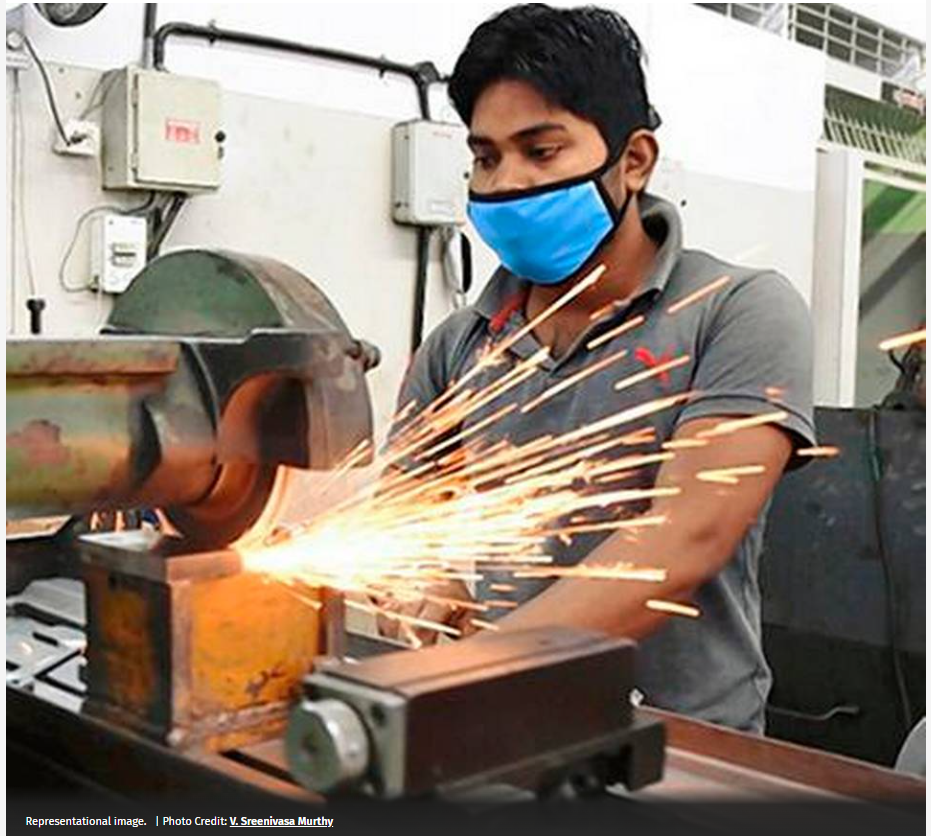




Figure 2: No Copyright Infringement Intended
|
Size of the Enterprise |
Investment and Annual Turnover |
|
Micro |
Investment less than Rs. 1 crore Turnover less than Rs. 5 crore |
|
Small |
Investment less than Rs. 10 crore Turnover up to Rs. 50 crore |
|
Medium |
Investment less than Rs. 20 crore Turnover up to Rs. 100 crore |










© 2025 iasgyan. All right reserved